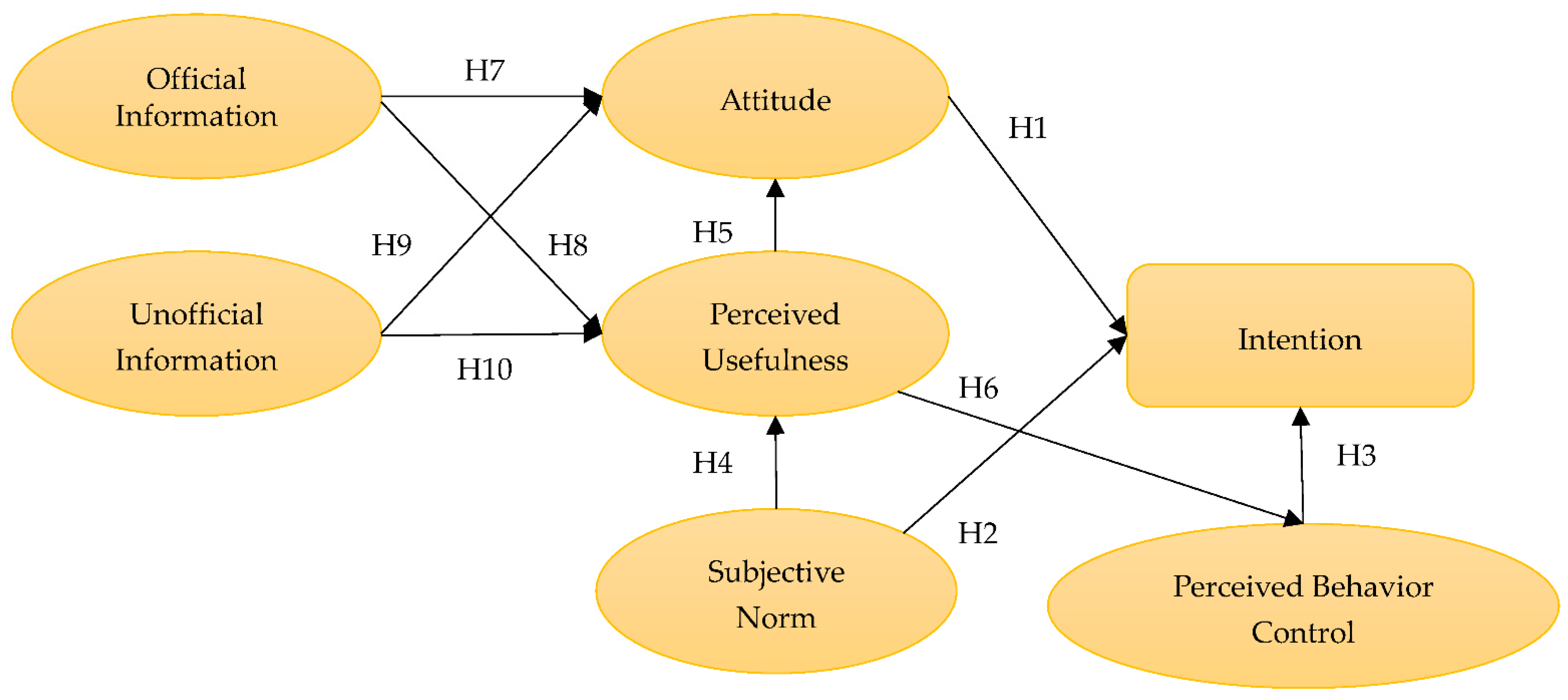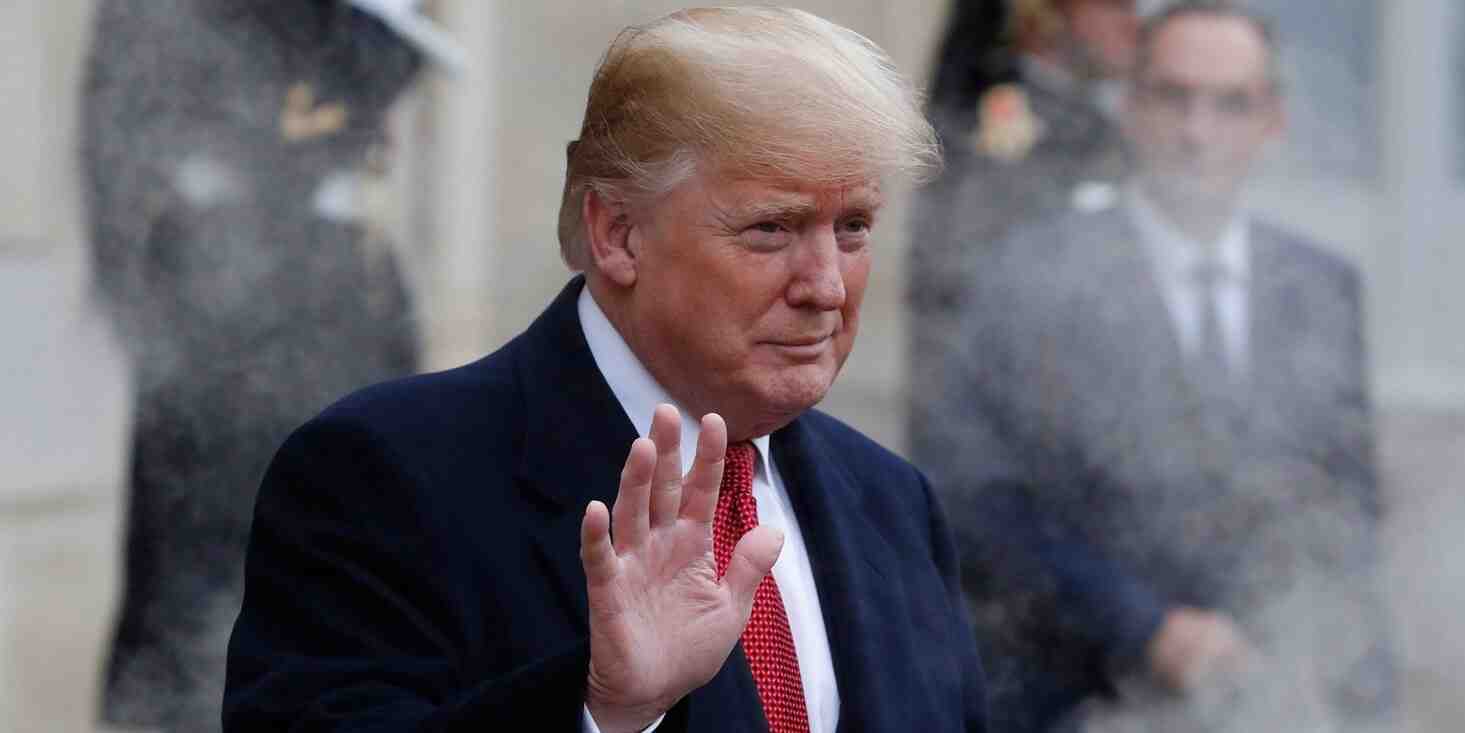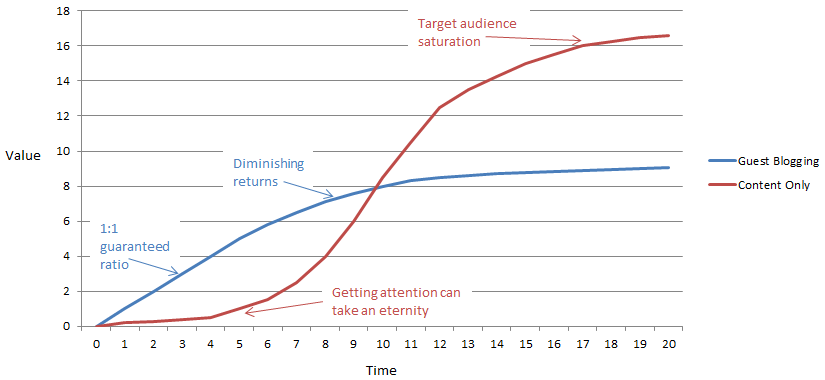The Chinese government is influencing search results for a number of keywords related to topics such as Covid-19 and the treatment of the country’s Uighur Muslim population, the new report concludes.
Search engine optimization (SEO) is a common tool – and professional discipline – used by companies to drive more traffic to their websites, and many website creators now offer long lists of SEO features.
It is hardly common to see SEO used for geopolitical gain. Given Google’s reach, however, it’s no surprise that one of the world’s superpowers saw this as an opportunity to spread the word.
China’s Search Engine Soft Power
Contents

The study, conducted by the Brookings Institution and the Alliance for Democracy, collected 120 days of valuable data from Google Search, Google News, Bing Search, Bing News and YouTube.
He focused on search terms relating to Covid-19 and China’s Xinjiang region, both points of geopolitical debate for the Xi Jinping Party.
“Beijing is quite focused on positioning itself as a responsible global leader and mitigating conflicting perceptions” – Winning the web: How Beijing uses search results to shape views on Xinjiang and COVID-19.
The country has faced criticism for mishandling the initial Covid-19 epidemic before it wreaked havoc around the world, as well as committing a catalog of human rights violations – as well as genocide – against the local Muslim Uighur population in the Xinjiang region.
The report states that SEO pressure is rooted in the fact that Beijing is “focused on positioning itself as a responsible global leader and mitigating opposing perceptions.”
Beijing-Backed Media Floods Results

For the word “Xinjiang”, the Chinese state information publication appeared in the top 10 results in 88% of searches – 106/120 days were searched.
Similarly, on the YouTube video-sharing platform, Chinese state-owned companies were found among the top 10 results in 98% of searches, this time in 118/120 search days.
The research team found that Google / Bing News and YouTube search are more likely to return state-supported propaganda pieces than Google or Bing Search.
Searches for “Fort Detrick” – the center of a conspiracy theory promoted by the Chinese, which suggests that the epicenter of the Covid-19 pandemic was in fact a US military base – often led to content supported by Beijing-backed sites, with “619 observations of Chinese video state media that appear in the top 10 search results during our survey (or about five a day). ”
Interestingly, the research team found that News and YouTube Search are more likely to return state-supported propaganda pieces than Google or Bing Search.
“Chinese state media accounted for approximately 22% of the pages watched and 25% of the channels watched in the search results for questionable topics related to Xinjiang and the origin of the coronavirus on news and YouTube searches, respectively,” the researchers found.
The figure for Google and Bing Search, by comparison, was only 6%.
Can Search Engines Do Anything to Stop China Exploiting SEO?
It is complicated. A spokesman for Google’s Ned Adriance told CNET that the search giant was investing in “fighting coordinated influence and censorship operations”. Microsoft is also reportedly considering the findings of the study.
There is some evidence that this is also the case – the report says that China seems to be less able to influence searches related to Covid-19, probably due to the fact that search engines like Google have spent a lot of time moderating related content.
The report states that China seems to be less able to influence searches related to Covid-19, probably due to the fact that search engines like Google have spent a lot of time moderating related content.
But the report also comments on the fact that China’s intricate network of “hosting content and arrangements for influential people” makes it difficult to determine exactly what comes from Beijing and what doesn’t.
At least 19 different sources identified by the Brookings Institution and the Alliance for Democracy have republished “literally the content of China’s state media.”
If included, it would increase the amount of government content returned to search results by 10 percentage points.
One interesting example is the Helsinki Times, which reads about 370,000 readers a month. He began publishing articles delivered directly by the People’s Daily (China’s largest newspaper) in 2020 and 2021, in an alleged attempt to combat ‘Western bias’.
SEO: The Good, The Bad, and The Ugly

SEO is an incredibly important concept for businesses – most websites you visit and sell or review products will have full-time SEO employees who ensure that the quality content produced on their website rises to the top of the Google rankings.
SEO is so important today that even the cheapest website builders will offer some SEO tools in their plans.
But, as with most useful things, it can be used for insidious purposes, such as negative (or “black hat”) SEO – the practice of deliberately trying to push competing sites to lower rankings through malicious tactics.
One would be, for example, to scratch all the content of your competitor’s website and republish it on another domain.
These cases in which China uses search engine optimization techniques to influence Western public opinion may be just the tip of the iceberg.
If search engine moderation technology consistently allows such content to pass through the web, it could provide a powerful geopolitical tool for governments to shape the views of the masses in the years to come.



